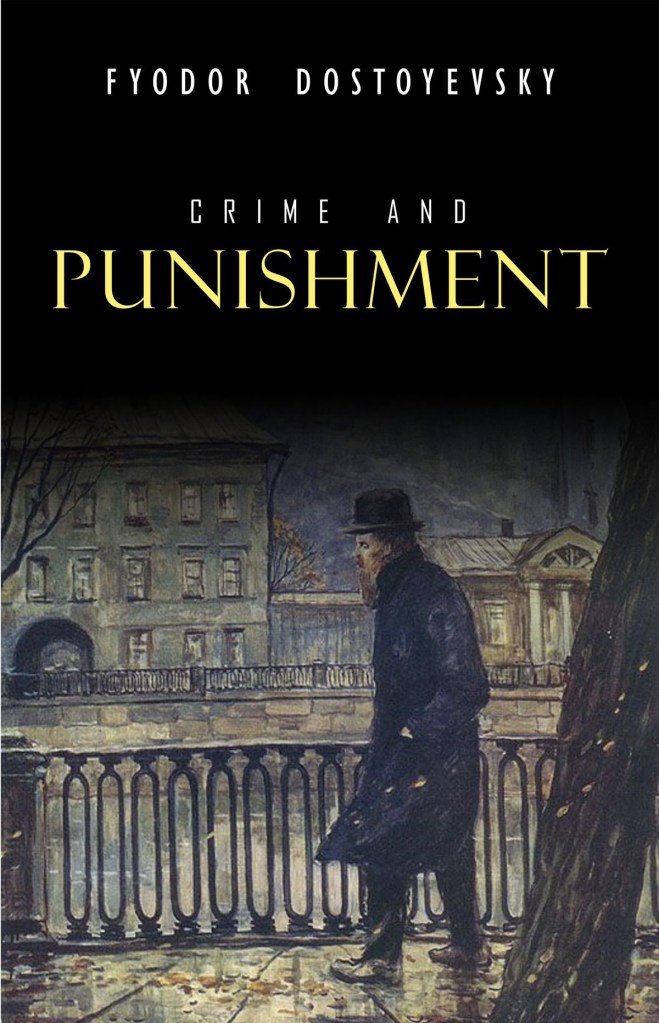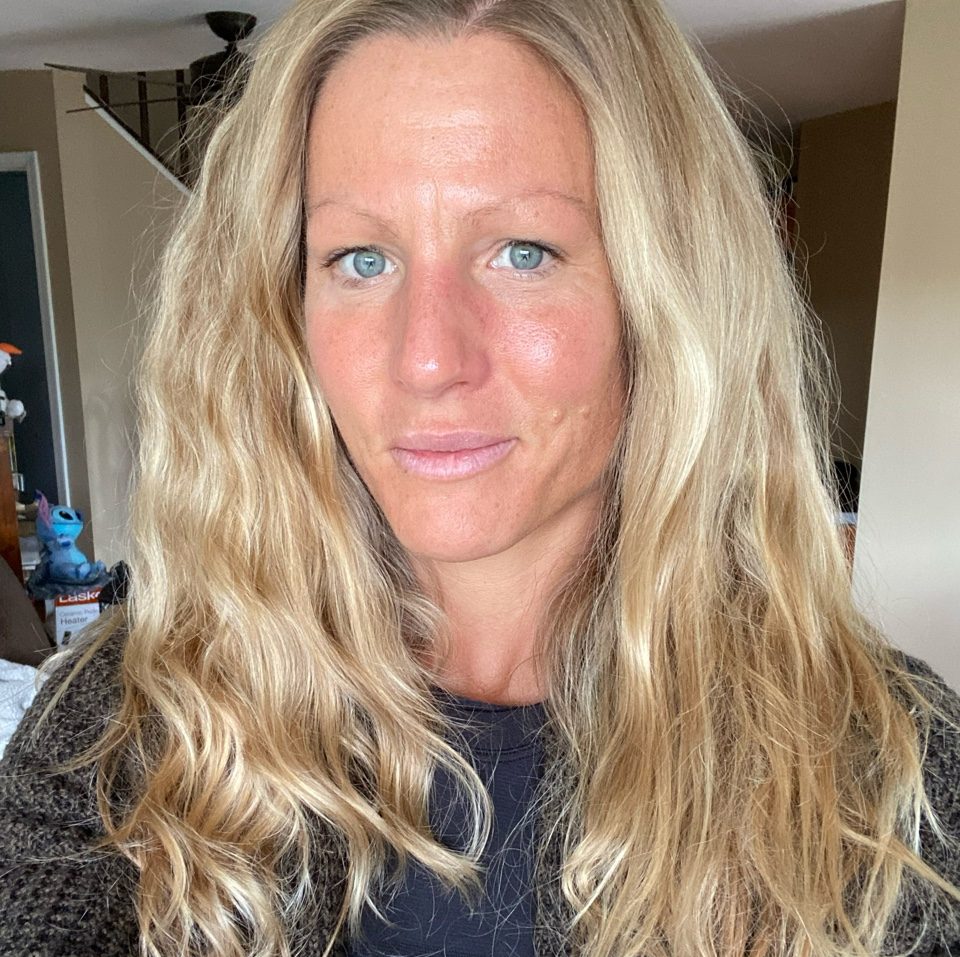Acute soreness is radiating throughout my upper body right now, from my neck down through my fingers. This is what happens when you haven’t done pull-ups in a year and decide to do 20 of them on a random Tuesday morning — and, it must be noted, the weight you’re pulling up is not insignificant.
I’m sure I made things worse by raising my hand so damn much in Psych Theories class later that same evening. 🙋🏼♀️🙋🏼♀️🙋🏼♀️🙋🏼♀️🙋🏼♀️🙋🏼♀️🙋🏼♀️🙋🏼♀️🙋🏼♀️🙋🏼♀️
We were discussing existentialism, and if there’s anything I’m intensely passionate about, it’s the inherent futility of life and all its attendant anxiety!
The idea that we are doomed to wander the planet alone, busying ourselves with punishing workouts and monotonous workdays in a search for purpose, knowing all the while that we’re just marching toward the ultimate nothingness of the grave…well, this is something that’s been rolling around in my head since childhood.
Between episodes of “Muppet Babies,” playing dress-up with my American Girl doll and writing/illustrating stories about talking ladybugs, I’d occasionally get sucked up in the existential vacuum and go swirling around in the infinite abyss for a while. What kid doesn’t?

Of course, I couldn’t really wrangle this nagging feeling of “What’s the point?” until high school, when we read Dostoyevsky in Dr. Graham’s AP English class and started discussing the themes of alienation, responsibility, choice, and the “meaning” of meaning.
My experience of and reason for being in the world didn’t so much make sense after I discovered existentialism, but I could at least comprehend the conundrum a little better.
Years — sorry, decades — later, after pursuing my PhD at The School of Hard Knocks (under the tutelage of Professor Patron 🤓), my grad school cohort was assigned a paper on Viktor Frankl’s “Man’s Search for Meaning,” and it was like someone poured gasoline on this little ember that had always been flickering away in my soul.

Jen’s (not to be confused with Cliff’s) Notes:
Under the bleakest of bleak conditions in a Nazi concentration camp during WWII, as he watched some peers give in to their grim fate and others find flashes of hope that kept them pushing on, Frankl discovers the true validity of Nietzche’s famous quote. “He who has a why to live can bear almost any how.”
(Or, of course, she.)
According to Frankl, that “why,” or purpose, comes from commitment: to work, to another person, or to stepping up and answering every challenge life puts in our way.
Meaning comes not from staring into the void of life and asking it for answers, but from taking the questions life poses and answering them ourselves. Our “answers” lie in our reactions to circumstances and the attitude we choose to adopt each time we are challenged. Thus, we are constantly choosing what sort of person we are. Frankl calls this “spiritual freedom.” Exercising that freedom makes us “worthy” of the suffering that is inevitable for each and every living being.
How’d I do, all you humanities experts/literature aficionados in the audience? No official citations here, sorry; this blog is an APA Style-free zone. 😉
Frankl’s theories are so powerful because they spring from a place of unfathomable suffering, and yet they can be applied universally. All human beings “suffer” existentially, even among their abundant physical comforts. Regardless of our specific circumstances, we all have it within us to step up and be worthy.
He is speaking an addict’s language, that’s for sure. I mean, if you have experience with the 12 Steps, you are quite familiar with the concepts contained in existential philosophy. Or, really, any psychological theory. We studied Alfred Adler, and when he talks about self-centeredness and isolation putting you on the “useless side of life,” I mean, anyone whose existence has revolved around a drug for any length of time can relate.
The 12-Step recovery program aims to put a person in touch with their spiritual freedom so they can be useful. Take responsibility for their choices and live with purpose. Create meaning where there otherwise would be none.
This is done, the program posits, by getting outside yourself and serving others.
In Step One, you acknowledge the futility of your addicted existence by quitting your drug. Everything after that is a roadmap for taking responsibility, choosing how you want to be in the world, one moment/day/challenge/question at a time.
The serenity prayer is kind of existential, when you think about it: “Accept the things I cannot change” (we’re all gonna die, and there doesn’t seem to be a point in striving for anything) and “change the things I can” (your attitude toward reality at any given moment) and “the wisdom to know the difference” (stop asking life to hand you all the answers when you should be listening for the questions life is asking you.)
All these years, I had that mixed up. I was intent on getting my Big Question, “What’s the point?” answered by school, by sports, by other people’s attention and validation…and when the dust of childhood cleared and the adult world didn’t care about my American Legion Award, All-Area Softball plaque — or even the ‘A’ I got in Dr. Graham’s class 🤯 — I was left feeling empty and aimless. I sought comfort in a string of distractions, finding temporary solace in silver tequila. “There really is no point to anything!” I told myself. “This is so painful! Let’s get numb and wait to die!”
Snapping out of that stupor was a looooong process, as it would be for anyone trying to climb back from rock bottom. I still can’t explain how I finally found the courage to take Step One, or how I finally heard the Big Question life was asking me:
What the 🤬 are you doing?
I paraphrased. I mean, there are some things English (even AP level) fails to adequately express. The universe has its own language, and until you’re ready and willing — body, mind and soul — to get the message, you don’t have any idea what it’s trying to say.
So, I’m really not sure exactly how I got here — or how I’m going to make it through the three years leading up to graduation, for that matter — but as of today, I’m a week shy of 27 months sober and I’m in training to enter a helping profession. I want to be a therapist specializing in addiction.
Still finding this hard to believe. 😳
While I’m dead tired and sore as 🤬 and in subpar shape and still having emotional breakdowns every Thursday on the way home from class as the demands of the week take their toll, I can honestly say I’ve never had more of a “why” in my life.
I’m finally taking responsibility for creating my own meaning in my life, after years of just circling the drain, giving in to the great nothingness that awaits us all. Who knows what lies ahead (I mean, besides death)? But if I can eventually help one other little kid with big questions who got lost on their own search for meaning, open up and listen for their own calling, maybe find the thing that stokes their little flicker into a flame, before it ultimately burns out…
That’s the point. That’s my answer. (*Looks skyward*) That’s what the 🤬 I am doing!

Spot on, Jen! Frankl’s book was recommended to me a long, long time ago by a fellowship friend and I found it both enlightening and empowering. Carrying the message had become the “why” in my sober life by that time but Dr. Frankl’s book, along with the message of Mother Theresa’s life work at that time (early 80’s), awakened me to the realization that these concepts were both universal and timeless. As Mother Theresa had made a choice to serve, and some prisoners had chosen good, even in such unfathomable conditions, the quality of my life too, could be determined by my own personal choices and terms, regardless of the outside world’s terms and conditions. It’s MY choice! That was empowerment!
Your blog never fails to refresh my memory and highlight some of the old signposts of my journey here.
Thanks for sharing your journey with us Jen!
LikeLiked by 1 person